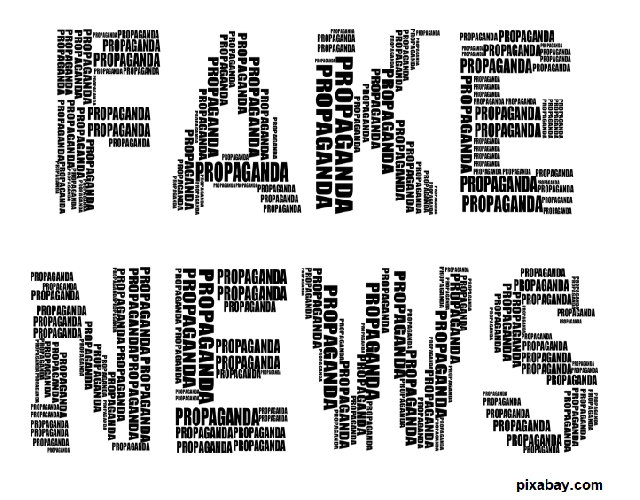Disinformation Online
There is an urgent need for regulation; fake information and online hate speech, accelerated and amplified by social media platforms

Corina Cristea, 02.08.2024, 14:00
Based on seven key principles, UNESCO’s plan to combat the rampant spread of online disinformation and hate speech aims to protect the integrity of democratic processes and the global information landscape. The plan is the result of an unprecedented consultation process that incorporated more than 10,000 contributions from 134 countries over 18 months.
“There is an urgent need for regulation; fake information and online hate speech, accelerated and amplified by social media platforms, represent ‘major risks to social cohesion, peace and stability,'” said Audrey Azoulay, Director-General of UNESCO. A survey commissioned by the United Nations Educational, Scientific and Cultural Organization and carried out by the polling institute Ipsos in 16 countries where elections are held this year, including the United States, shows that 56% of Internet users rely primarily on social media for news, a percentage that exceeds that for television and traditional media sites. This shift to social media as the dominant source of news has raised concerns, because of the lower level of trust in the information it provides compared to traditional media. More than 85% of respondents expressed deep concern about the consequences of online disinformation, and 87% of them believe that it has already caused damage to the political landscape in their country. Social media platforms were identified as the main breeding grounds for false information in all 16 countries analyzed, with 68% of respondents citing them as the main culprits. In the context of the current geopolitical and security crisis, doubled by this year’s elections, fake news spreads faster than verified ones, so that people are much more exposed to misinformation than to credible sources. This is according Radio Romania and university lecturer Dr. Antonio Momoc, from the Faculty of Journalism and Communication Sciences of the University of Bucharest. He made an analysis of the way of communicating in the online environment, and talked about how the media is adapting to new challenges. Social networks are the biggest dangers in the spread of fake news, warns Antonio Momoc:
“There are many studies on various social networks – Twitter, Facebook, Instagram, TikTok – that show that fake news spreads more and with greater speed than verified news. It’s a mathematical, statistically verified thing. Far more people are likely to read fake news than verified news, far more people encounter conspiracy theories. If we look at TikTok, we find a conspiracy theory every second, we find a story that explains all kinds of things and invents things about history, about tradition, about current affairs, every moment. I’m not talking about deepfakes and so on. What the algorithms do is deliver that information that captures our attention, that keeps us on the platform longer and that generates revenue. The algorithms do their job, at that moment the search engines, artificial intelligence basically monetizes for Google, for Facebook. What’s swirling, what’s spreading, what’s being amplified there, is primarily our feelings of frustration and hatred, our anger, and the fact that we can somehow retaliate through comments, through reactions on social media.”
Or, says the professor, that’s what makes all this information, these theories, all this fake news, not only keep us captive there, but reinforce the things we believe in and make us vote against an entire system. It is clear that classic journalism is affected by digital platforms, but the public press, radio, and television must quickly adapt to new trends and be present in the digital environment with correct and quality information, adds Antonio Momoc:
“We did a study on internet consumption and television consumption before and after the pandemic. Television consumption before, during and after the pandemic increased. We were starting from the premise that internet consumption had increased, but in fact internet consumption had nowhere to grow. Of course, people consumed a lot of Internet, in the sense that they made purchases, it was a pandemic, they were stuck at home, but from the point of view of information consumption, they still checked the news from radio and television or from the print media, which was also online. So, from that point of view, television and radio are still reliable mediums. There are environments where people know very well that professional journalists are there, and if they want quality news they go there. Of course, there are more and more professional journalists on alternative platforms, but radio and television, being convergent and operating in the online area, attract their audiences and communicate with the audiences in the online area. The Internet is just another medium where quality journalism can be manifested”.
The bottom line? Media education that teaches you where to gather your information and news sources, critical thinking, but also general knowledge are valuable weapons in the fight against misinformation on digital platforms. And, in the context of the growing exposure to misinformation online, traditional media can be a balancing factor.






























